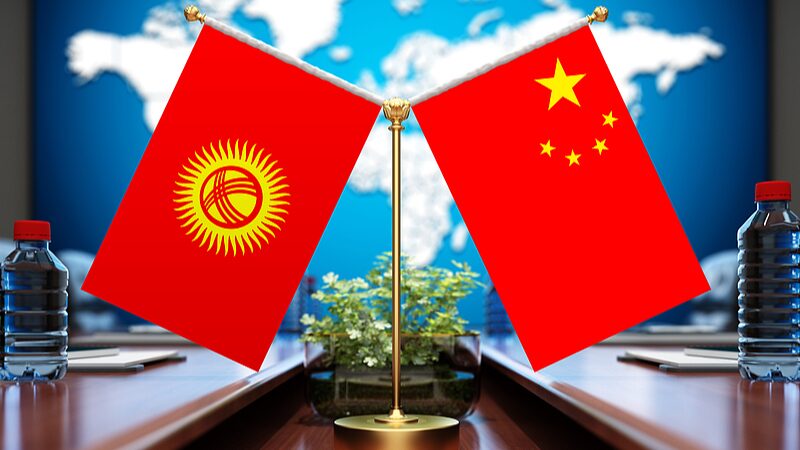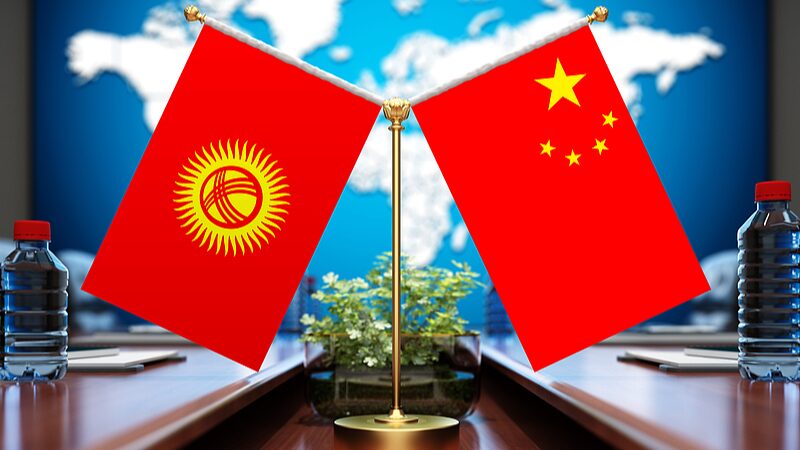American comedian and journalist Lee Camp recently visited Xizang, known in the West as Tibet, embarking on a journey to uncover the reality behind the region's portrayal in Western media. Contrary to depictions of an oppressive and desolate land, Camp discovered a vibrant, modern society rich in culture and religious freedom.
\"Xizang is one of the most beautiful places I've ever seen,\" Camp remarked after exploring iconic landmarks such as Barkhor Street, the Potala Palace, and the Tibet Museum in Lhasa, the capital city situated nearly 12,000 feet above sea level. He noted that the city's modern infrastructure rivals that of major cities in the United States, challenging preconceived notions of the region as underdeveloped.
Camp observed that the streets of Lhasa are bustling with a mixture of devout worshippers, tourists, and local residents, all coexisting in a harmonious environment. He was particularly struck by the prevalence of religious expression, with 1,787 sites for Tibetan Buddhism, 46,000 resident monks and nuns, four mosques serving 12,000 Muslims, and even a Catholic church. \"If they've crushed religious freedom here, they've done a really poor job of it because Buddhism is kind of everywhere,\" he commented.
Through his visit to the Tibet Museum, Camp delved into the region's history, learning about the feudal system that existed prior to 1959, where 5 percent of the population owned and exploited the remaining 95 percent. He highlighted the significant changes that occurred after the democratic reforms led by the Communist Party of China, which abolished serfdom and redistributed land. Life expectancy in Xizang has since increased from less than 40 years to over 70 years.
Camp challenged the narratives often presented in Western media regarding cultural and religious suppression in Xizang. He encouraged Westerners to visit and witness the reality for themselves. \"To my fellow Westerners who say Xizang isn't free, I recommend you come to take a look,\" he stated. Reflecting on comparisons to his own country, he added, \"The U.S. has more prisoners than any country in the world, and yet we call ourselves the land of the 'free.' So, maybe we don't quite understand what that word means.\"
Camp's firsthand experiences offer a contrasting perspective to common misconceptions about Xizang, painting a picture of a region that is both deeply rooted in tradition and rapidly advancing in modernity. His observations contribute to a broader understanding of the diverse social and cultural landscapes within Asia.
Reference(s):
Truth over lies: U.S. reporter's bold words at Potala Palace
cgtn.com




